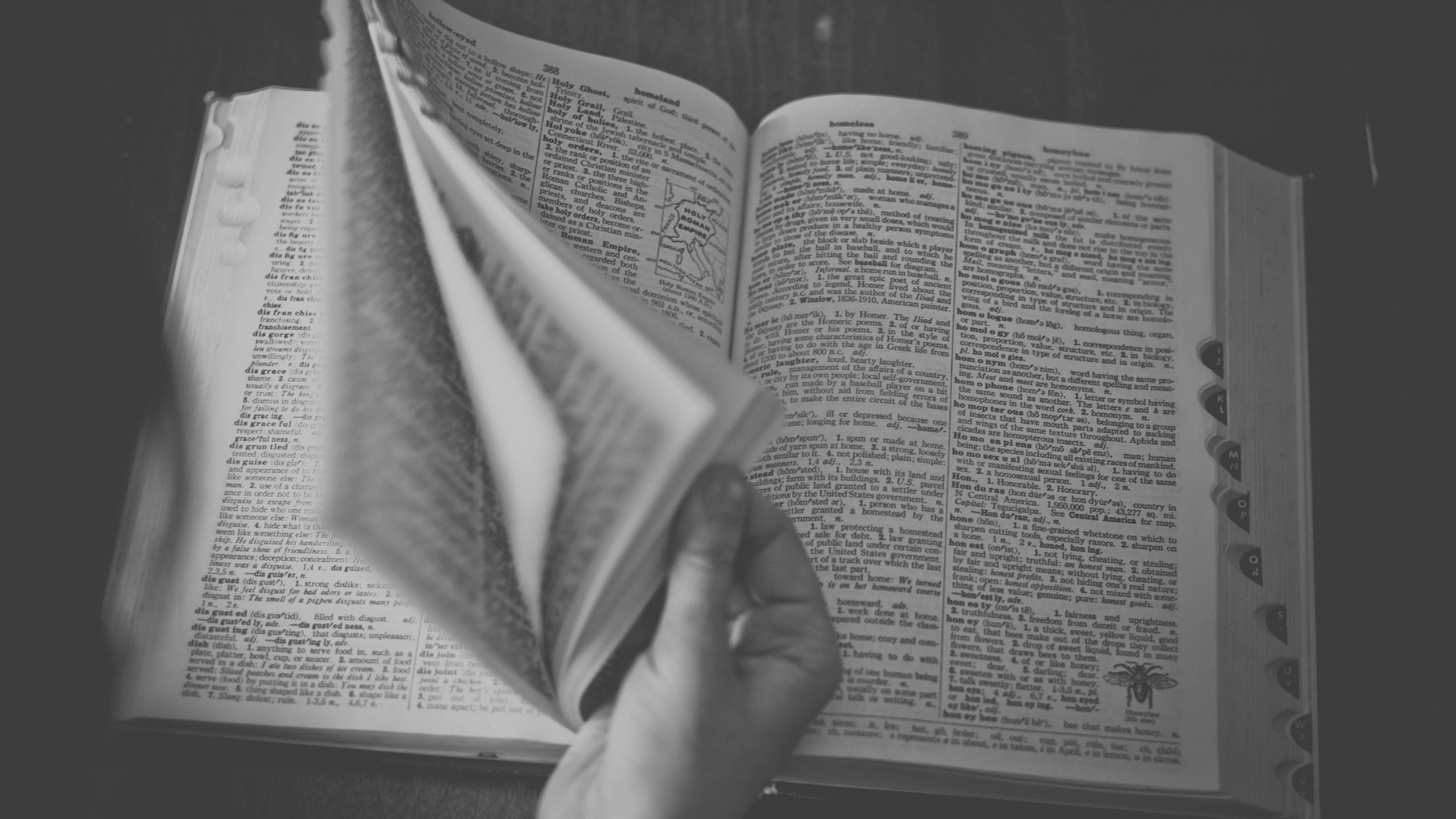How best to talk about literature and resistance? Perhaps historically, looking at the works of Thomas Hardy, Charlotte Brontë, Charles Dickens and Henry James, for example. Alternatively, one could look at the most recent publication by George Monbiot, Out of the Wreckage, using his book as a manual to show activists how they can change the calamitous world around them. Or perhaps even literature itself – a Collins dictionary perhaps – which would be, after all, weighty enough to use as a weapon in a display of protest. In short, the possibilities for literature as a vehicle for resistance are endless and it would be somewhat inconclusive to go through them in a list-like manner.
Instead, I will take what I currently find myself reading – a book which I have picked for no other reason than its close proximity to my bed – and explore its handlings with resistance. I do not mean to trivialise resistance within literature by taking the first thing which comes into sight, but rather to show that in most books we can find a display of defiance of some sort. Often the resistance contained within the pages of the found book, regardless of when it was published, is relevant, even outside of the historical context in which it was written.
Such is the case with Virginia Woolf’s A Room of One’s Own, an extended essay published in 1929, which explores a past culture of female subordination and grossly inflated male confidence. Yet, this is a culture which sadly shares more than a few similarities with our own – and we needn’t look very far to see this.
In the past week, allegations in Westminster have risen against MPs such as John Bercow and Mark Pritchard, who stand accused of bullying their female juniors, and merely the mention of the name ‘Weinstein’ evidences the predatory world in which we live. Perhaps, then, A Room of One’s Own is useful for its didacticism – after all, what Woolf writes about is still relevant.
She suggests that those who insist on the inferiority of women – the Bercows and Pritchards – do so as a means of asserting their own superiority; they use women as a “looking-glass” by which to reflect “the figure of man at twice its natural size”. Woolf states that without such a “looking-glass” the male ultra-egos of the past centuries would cease to exist. Napoleon, Mussolini, the many Czars and Kaisers would, if not for the inferior position of women, fail to be superior.
Let us take from this then, that misogyny in its current form is an equally petty abuse of power, where certain males feel the need to assert themselves through the maltreatment of the opposite sex. Woolf offers an exit from this type of thinking. She refers to Coleridge and his view that the greatest mind is an androgynous mind, suggesting that the individual who is able to think in this way is able to think freely and creatively: an undoubtedly better alternative to the hate which accompanies misogyny. Whilst this is the briefest of references to A Room of One’s Own – an essay which contains abundant wisdom on issues of sex and power – what it shows is the timelessness of resistance within literature. Pick up any novel, essay or poem and you would find within it a form of resistance we can still learn from today.
Image: Snapwire via Pexels

